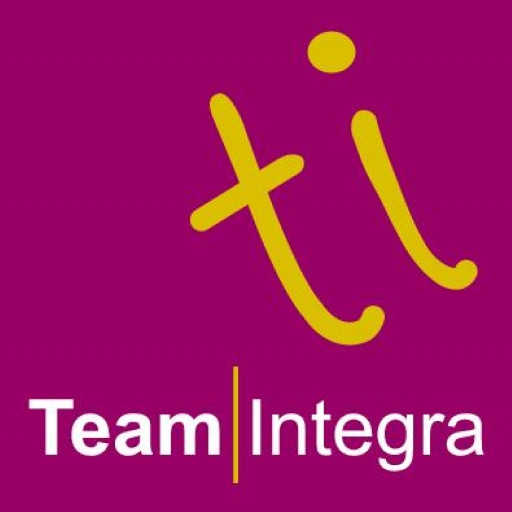
Industry: Aerospace
Core Processes: Machining, painting, assembly and kitting
Core Products: Airframe components and turbine blades
The Need for change
Weston EU is a prime supplier in the aerospace sector and provides quality on time products to customers including Rolls Royce and BAE Systems A below par performance level of some of the machining centers was compromising the normal high standards of quality and on time delivery service.
A practical sustainable approach was required to ensure an increase in reliability from the 27 agreed critical category ‘A’ assets and TPM was chosen to be the vehicle to drive through the changes.
Sustainability
The senior management team and TPM steering team were clear that the overall objective of the change process was sustainability and long-term development. With this in mind a diagnostic was undertaken to define an agreed starting point. Subsequently a tailored package was designed for a twin pallet machining center ‘Niigata 63B’. This was to be the flagship machine of the TPM program.
Pre-Activity Analysis
The OEE data for the machine showed that it was only available to production 40-45% of each week and had become a ‘real’ problem area to both production and service teams alike, therefore discussions had started to replace the machine which at current costs meant that a capital investment of upwards of £250,000 was to be found.
The scenario ‘How can we produce quality on-time parts with such an unreliable machine, when we can only use it less than 50% of the time’, was becoming more evident as each delivery target was reached.
Next Steps
A five day TPM blitz activity was undertaken with participants from both sides of the divide, operators and maintenance engineers. The combined contribution from both sides was essential for the program as each participant begins to understand and agree problems and challenges they all face on a daily basis and start to help each other.
The workshop included in depth focus and practical outputs on all the main areas of Total Productive Maintenance, including:
Downtime data analysis – MTBF, MTTR, Availability
First line – operator asset care
Structured – planned preventative maintenance
Strategic – predictive maintenance
Standardised – new asset introduction
Workshop outputs:
- Implemented practical ideas discussed
- Created live document to be kept with the machine
- Created a focal point for all TPM activities
- Created a strategic approach to carryout refurbishments and improvements
- Created a set of simple yet highly effective methods of regular machine techniques that suited everyone
Impact and Benefits
After the initial workshop blitz activity and subsequent mentoring sessions the results over a one year period were dramatic:
- Greater Machine Availability
- Less Breakdowns
- Improved communications – Service and Production
- Less reactive actions
- More planned actions
- Increased machine flexibility
- Actual data to prove improvements
Final collated data after one year
- 92.28% reduction in unplanned breakdown hours
- 50% reduction in the instances of unplanned breakdowns
- 95% machine availability for last 6 months of the year
